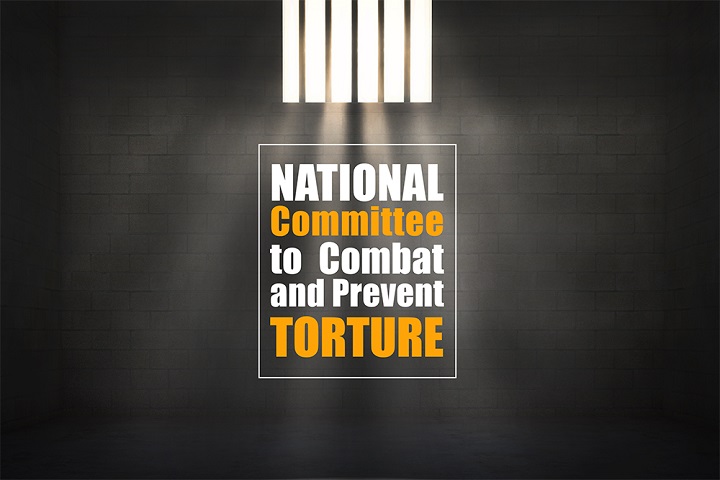Prevention and combating of torture
For two years, Conectas will serve as one of the social representatives on the National Committee to Combat and Prevent Torture

The CNPCT (National Committee to Combat and Prevent Torture) released on Monday, July 18, the list of organizations selected to comprise the committee from 2016 to 2018. Among those chosen to form the group of social representatives and civil society organizations is Conectas.
As one of the bodies of the so-called “National System to Combat and Prevent Torture”, the CNPCT is a committee comprised of 11 government bodies and 12 civil society organizations that have the goal to help combat torture in confinement facilities, such as prisons, police stations, old people’s homes and psychiatric hospitals.
The biennial selection of the group of social representatives is made by a vote, following a public call, to choose civil society professionals whose work is related to the prevention and combating of torture.
Read more
According to the CNPCT, its members will work on monitoring and proposing actions and programs geared towards the eradication of torture in Brazil. In addition, the committee has the responsibility to “monitor the administrative and judicial investigation procedures, as well as the legislative proposals, and follow through on the recommendations resulting from the inspections of the detention centers”.
Rafael Custódio, coordinator of the Justice program at Conectas, explained that this engagement by civil society is essential to raise the effectiveness of the Committee’s actions.
“Social movements and organizations should increasingly make use of these opportunities for strategic dialogue offered by the National Torture Prevention System to make progress in the struggle against torture,” said Custódio.
Since August 2015, APT (Association for the Prevention of Torture), Conectas and Justiça Global had been calling for greater clarity in the Committee’s working procedures and for the adoption of mechanisms to enable greater dialogue with civil society organizations and social movements. In December, the Committee announced that it had adopted important measures to improve transparency and increase social participation in its work. Among the measures, the CNPCT agreed to create procedures for the participation of non-member organizations in its meetings, to disclose in advance its annual conference schedule and to publish the minutes of these meetings on its website.






